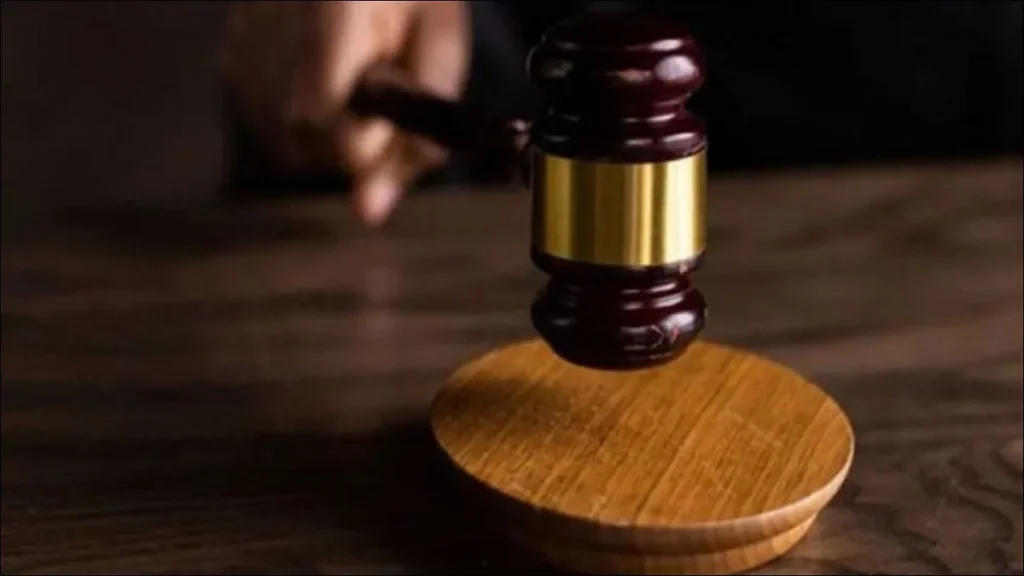Gwalior. The Gwalior Bench of the Madhya Pradesh High Court has said in an important judgment that the husband can present his wife’s personal WhatsApp chat as evidence in the case of divorce. Even if WhatsApp chats were obtained without wife’s approval. The court said that based on Section 14 of the Family Court Act 1984, this decision allows to consider evidence to resolve disputes like divorce, which cannot be acceptable under the Evidence of India Act 1872. The matter came before the Madhya Pradesh High Court when a man accessed WhatsApp chat from his phone through a spy app without his wife’s knowledge.
These WhatsApp chats allegedly revealed extramarital affairs of the woman. Because of which her husband filed a divorce case on the basis of cruelty and adultery. The wife’s lawyer objected to this. He argued that presenting WhatsApp chats as evidence is a violation of the right to privacy under Articles 21 and IT Act 2000 of the Constitution. The woman’s lawyer also argued that the evidence obtained illegally should not be considered. His arguments were not accepted by the Madhya Pradesh High Court and said that the right to privacy may be fundamental under Article 21 of the Constitution, but not absolute. It also comes under limitations. The Madhya Pradesh High Court cited the decisions of the Supreme Court, including Sharda and Puttaswamy cases, and said that provisions like Section 14 of the Family Court Act and Section 122 of the Indian Evidence Act approve limited violations of secrecy in the interest of justice.
The court saw the issue as a confrontation between two fundamental rights under Article 21 of the Constitution. Which is the right to the wife’s confidentiality and the right to hear the husband. The court said in the judgment that the right to confidentiality is less than the right to fair hearing. Which has a widespread implication for public justice. The court said that the case has the right to present relevant evidence. The Madhya Pradesh High Court also made it clear that it is not giving a decision on the authenticity of WhatsApp chat. The High Court left the issue on the family court. The court said that if WhatsApp chat is considered real, he can support the husband’s case for divorce on the basis of cruelty and adultery.
